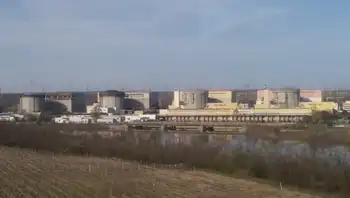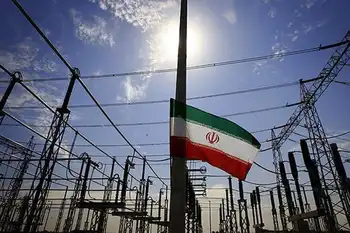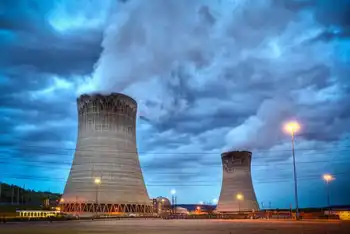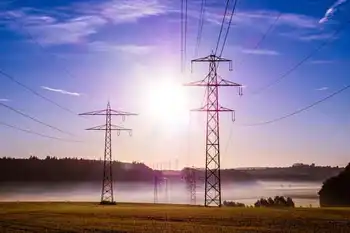Nuclear plant work facing delays
By Coastal Courier
CSA Z462 Arc Flash Training - Electrical Safety Essentials
Our customized live online or in‑person group training can be delivered to your staff at your location.

- Live Online
- 6 hours Instructor-led
- Group Training Available
The construction of two new reactors at Plant Vogtle near Augusta tests whether the nuclear industry can build without the long delays and enormous cost overruns that plagued the industry decades ago. Since Southern Co. subsidiary Georgia Power is a regulated utility, its 2.4 million customers must pay for the project and could be on the hook for reimbursing the company for cost overruns.
Company officials planned to have the first of the new reactors effectively complete by April 2016, but that schedule has now slipped five months, said nuclear engineer William Jacobs Jr., a construction monitor for the Public Service Commission, in his report. Many of Jacobs' concerns were essentially unchanged since he issued similar findings in June. The project is being built using borrowed money, so construction delays might increase financing costs and ultimately raise the pricetag for utility customers.
So far, the companies building the expanded Plant Vogtle have failed to meet many key deadlines, Jacobs said. Georgia Power officials are now considering whether the construction schedule can be compressed to make up for lost time.
"Given the Consortium's continued inability to meet scheduled milestones to date leads me to question the Consortium's ability to complete a significant portion of the schedule faster than originally planned," Jacobs said.
He said that speeding up the construction timeline might not make the most economic sense. Sticking to the original schedule would cut down on financing costs, Jacobs said. But a faster pace could also increase labor costs and increase congestion and lower productivity at the construction site. A faster pace is viewed as riskier since nuclear plants must be built to precise safety standards. If those standards are not met, federal inspectors could force the company to tear up faulty work and try again.
Federal officials have not yet given the project key approvals necessary to start major construction work, which is another source of delays. The U.S. Nuclear Regulatory Commission is still considering whether to approve the design of Westinghouse Electric Co.'s AP1000 reactor, which would power the new plant. Once the reactor design is approved, the NRC must the decide whether to give Southern Co. permission to build and operate two AP1000 reactors in eastern Georgia.
Southern Co. CEO Tom Fanning has told analysts that while he hopes to secure a license this year, it may happen next year.
State authorities have authorized Southern Co. to spend roughly $6 billion as its share of the estimated $14 billion project. While Georgia Power said the project remains under budget, there are numerous change orders that Jacobs said could significantly affect the project's cost. State utility regulators redacted descriptions of those change orders from a public version of Jacobs' report. Georgia Power spokesman Mark Williams refused to elaborate, citing confidentiality clauses in the utility's contract with other firms building the plant.
"Until the magnitude of the costs associated with these potential change orders and the responsibility for these costs is known, the forecast cost for the Project is uncertain," Jacobs said.
Building costs skyrocketed during construction of the two existing reactors at Plant Vogtle. The utility originally estimated the project would cost $660 million, but the final bill reached nearly $9 billion by the time the reactors started producing commercial power in 1987 and 1989.











